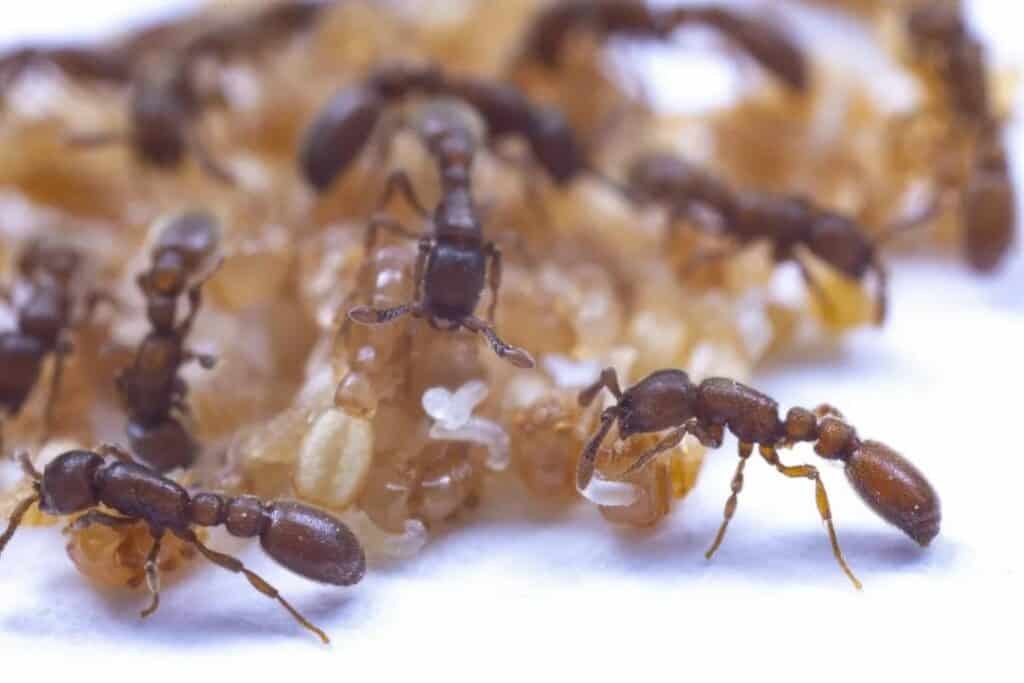
Ant colonies are complex biological systems that relate to ants like brains and neurons, with the function of the former depending on the complex interactions of the latter.
A recent study, published in Nature, uncovered the mechanism linking ants in different worm states.
The pupae that are about to develop into adults will secrete special fluids.
These nutrient-rich fluids are divided between larvae and adults.
The researchers observed the effects of social isolation on ant activity and development by removing ants of different worm states from the colony.
As a result, it was found that fluid accumulated around the ant pupae.
This fluid comes from the molting stage and is rich in psychoactive substances, hormones, and other nutrients.
However, it is also susceptible to fungal infections that can lead to the death of ant pupae.
Later, the researchers injected dye into the pupae and transferred them to the colony with adults and larvae to observe the dye traces.
They found that, similar to mammalian “milk,” this liquid helps ant larvae develop, and that larvae lacking this “milk” have difficulty growing and developing properly and can even die.
The larvae and adults that drink the “milk” will also prevent this liquid from accumulating around the pupae, avoiding fungal infections.